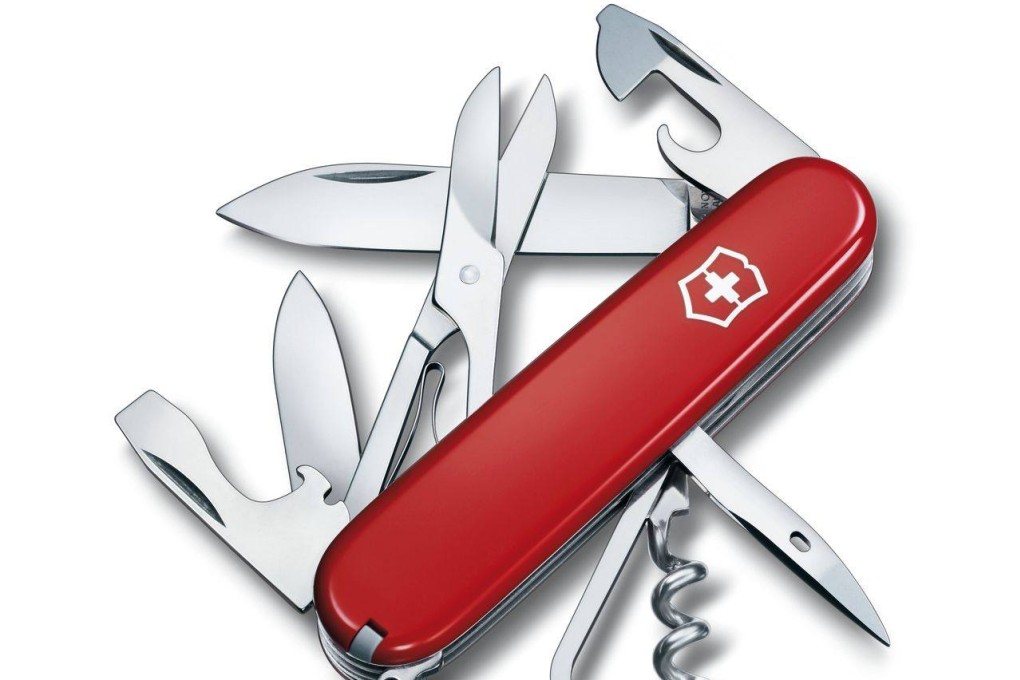Swiss army knife maker Victorinox targets China’s millennials and Gen Z with digital push, personalised products
- Victorinox has been adapting to consumer trends, allowing buyers to personalise Swiss knives with engravings on the scale and blade
- The Swiss company’s focus on e-commerce after the initial setback from the pandemic has paid off, with sales growing 25 per cent in 2021

Swiss army knife maker Victorinox is targeting young Chinese consumers with an online push and customisable products, after a pivot to e-commerce helped it recover from the pandemic-induced slump.
Victorinox, which has had a presence in China for over 25 years, aims to expand its footprint by targeting millennials and generation Z, Carl Elsener, chief executive and fourth generation of his family running the firm, said in an interview.
Victorinox was also taking into account consumer trends such as demand for personalisation of their products, particularly the Swiss army knife, which was invented 125 years ago by Elsener’s great grandfather and remains their best selling product, accounting for over a third of global sales.
“Consumers can personalise their own Swiss army knife with engraving on the scale and blade,” said Elsener. “In addition, we will continue to develop and launch special products for the Chinese market, such as the Chinese Zodiac Swiss Army Knife and China Culture Range Swiss Army Knife.”
China’s consumer market is expected to grow more than any other country up to 2030, generating more than a quarter of all global consumption growth during the period, according to a McKinsey Global Institute report in November.
